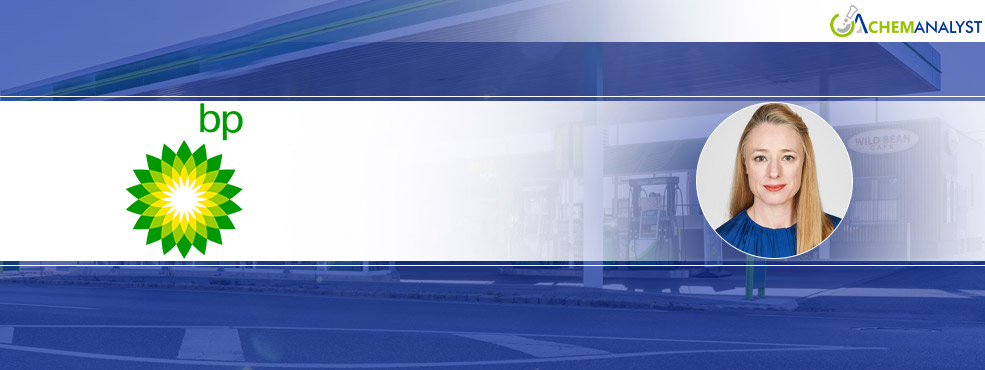Welcome To ChemAnalyst

Global energy giant bp announced on March 27 that it intends to sell its mobility and convenience business in Austria. The move will see bp exit the Austrian retail market by the end of 2025, subject to regulatory approvals.
The divestment encompasses of over 260 bp retail sites across Austria, approximately 120 of which are company-owned. The sale also includes bp's associated Austrian fleet business, its electric vehicle (EV) charging assets, both existing and under development, and bp's stake in the non-operated joint venture (NOJV) that manages the Linz fuel terminal.
bp has initiated the marketing process immediately, with the goal of finalizing a sales agreement by the end of the third quarter of 2025.
Emma Delaney, Executive Vice President of Customers & Products at bp, emphasized the rationale behind the decision. "We have a high-quality retail business in Austria with excellent locations, great people, and a loyal customer base. Over recent years, we have grown the business to become the number two major branded retailer in the market. As bp now looks to focus downstream and reshape our portfolio, we believe that a new owner will be best placed to unlock the business’s full potential."
Delaney reassured customers that the transition would not impact their experience. "Our focus remains on serving our customers and giving them a great experience every time they come to refuel or shop, and this will not be impacted by bp’s intention to sell the retail business," she stated.
The decision to exit the Austrian market aligns with bp’s broader strategy of reshaping its downstream businesses. This move follows the company’s announcement last year to market its mobility and convenience business in the Netherlands. Prior to this, bp divested its retail businesses in Turkey in 2024 and Switzerland in 2022, demonstrating a consistent pattern of strategic portfolio adjustments.
The Austrian market, while robust, represents a deviation from bp's strategic focus on core markets where it sees greater potential for growth and synergy. By divesting these assets, bp aims to free up capital and resources that can be reinvested into strategic areas aligned with its long-term vision. The sale of the EV charging assets also signifies that bp is concentrating its EV infrastructure investments into specific core markets.
Analysts suggest that the Austrian assets are likely to attract significant interest from both domestic and international players in the retail and energy sectors.
We use cookies to deliver the best possible experience on our website. To learn more, visit our Privacy Policy. By continuing to use this site or by closing this box, you consent to our use of cookies. More info.
